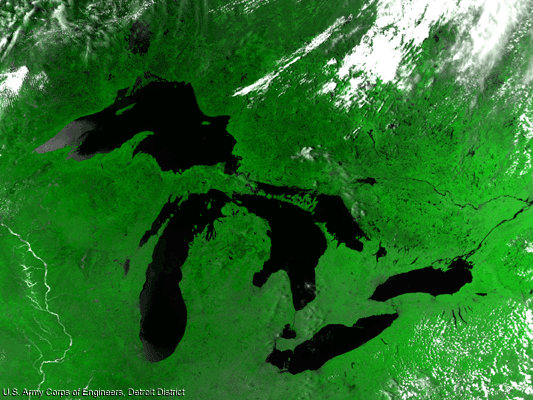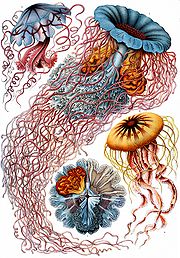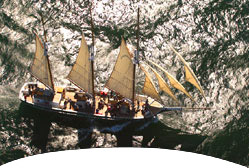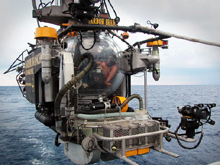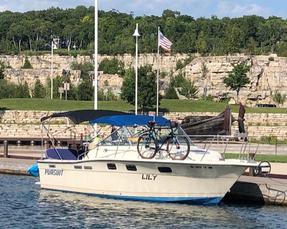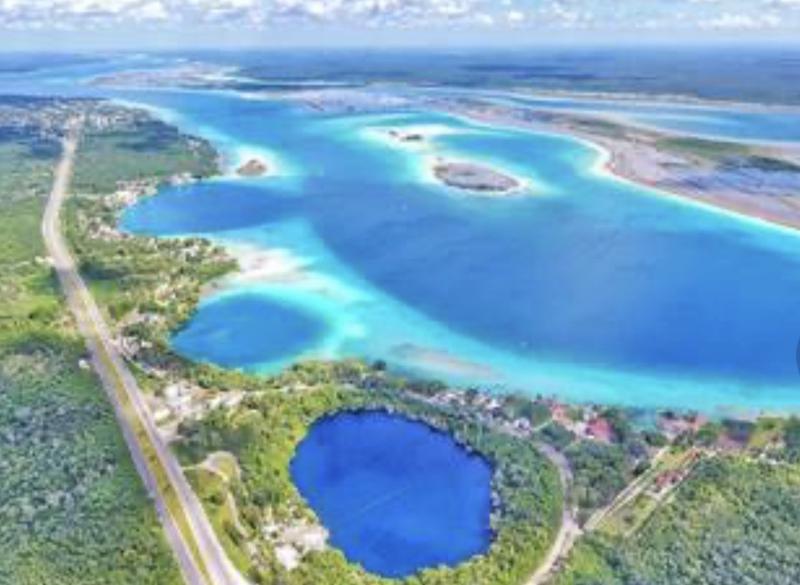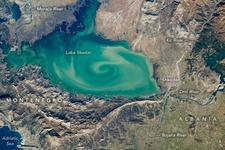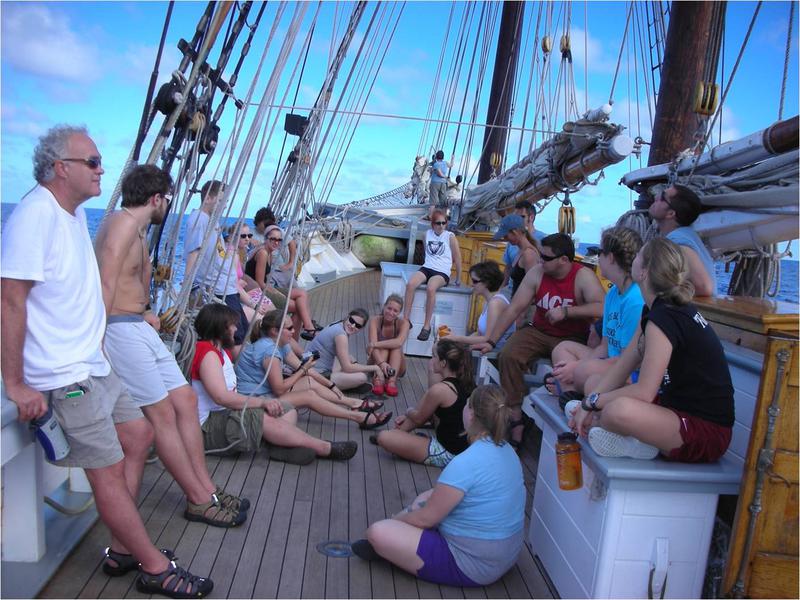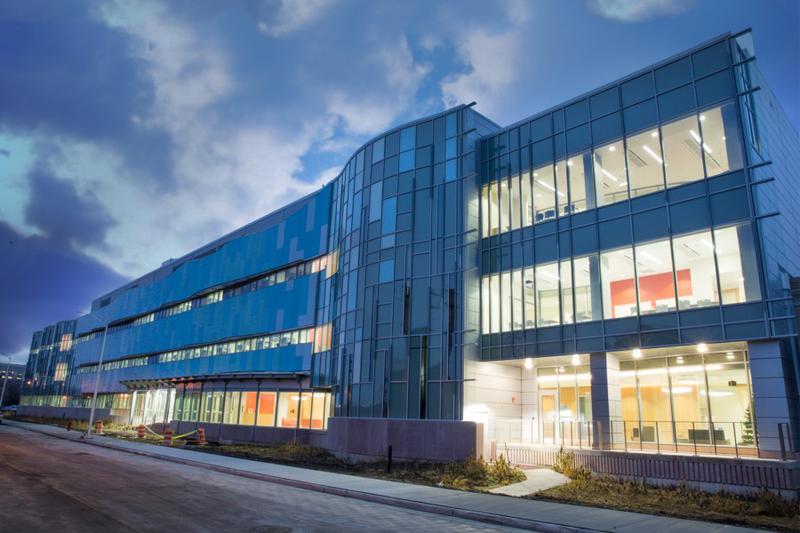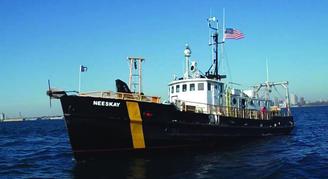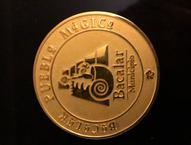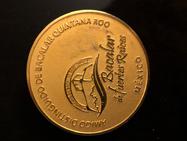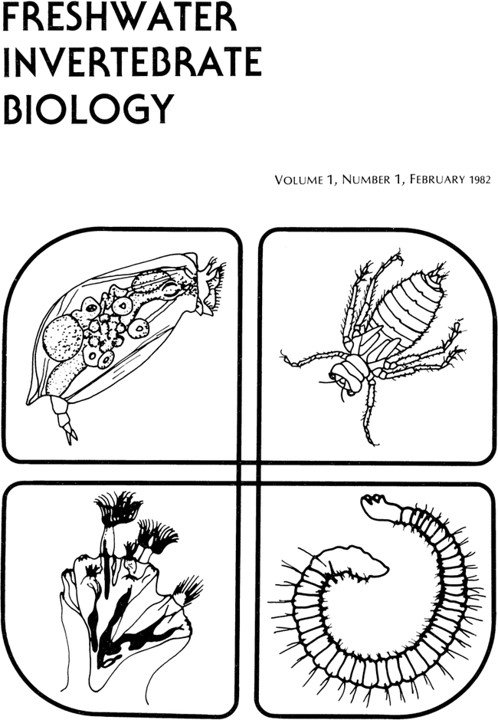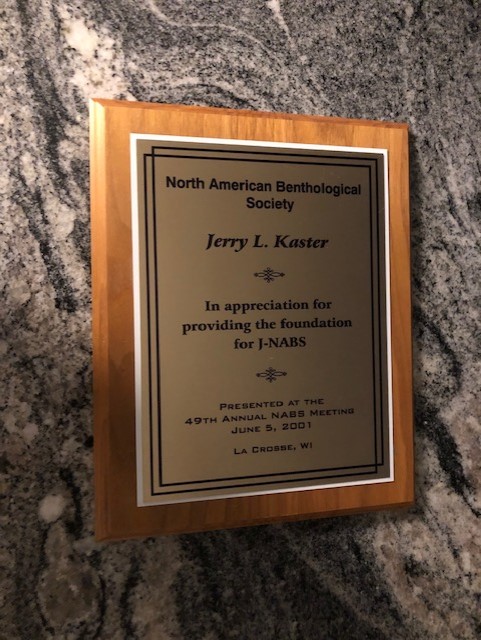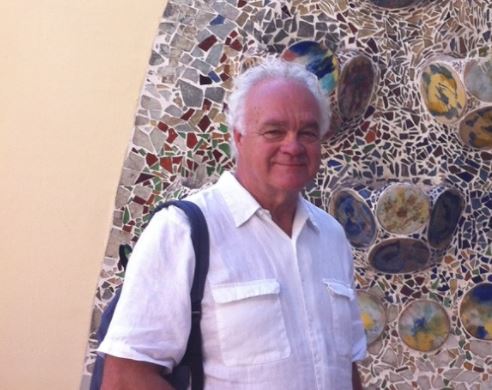.
Jerry 'River' Kaster, PhD
Emeritus Professor
Aquatic Invertebrate Ecologist
jlk@uwm.edu
262-949-0842
Bahamas Winterim
S/V Denis Sullivan
Johnson Sea-Link Research Sub
Demand for Freshwater Exceeds Supply
Ernst Haeckel
Zoologist
'the value of being wrong'
35 Miles of Unprecedented
Ecological Uniqueness
*
Current Studies
(see "Science" tab)
• Megaleaps in Evolution... (book)
Highlights
:: Founded the professional scientific journal, Freshwater Invertebrate Biology, that progressed as the Journal of the North American Benthological Society and later the scientific journal Freshwater Science, now in its 39th year. In June 2001, honored by the Society for Freshwater Science (formerly North American Benthological Society) for providing the foundation of the journal.
:: Initiated the National Geographical Society funded discovery and exploration of the underwater hydrothermal vents in Yellowstone Lake. The vents continue to be researched by scientists from around the world.
:: Explored premier lakes in the world, including the famed Lake Baikal, Siberia, Russia. Part of the first group of western scientists to circumnavigate the lake. A long-term scientific exchange between U.S. and Russian scientists followed. Other studies were done on Lake Skadar, Montenegro and continue on Mexico's world class lake, Laguna Bacalar.
:: Received continuous scientific funding from corporate, government and private sources, resulting in a host of publications and opportunities for many graduate students.
:: Holds two scientific patents in biofiltration and nuisance mussel control.
:: Led efforts to preserve the pristine waters of Laguna Bacalar, Yucatan Peninsula, Mexico. Brought to the attention of the Bacalar community to the existence of the largest living stromatolites in the world. Studies are on-going. Recipient of the Distinguished Friend of Bacalar, Mexico medallion (left).
:: Selected as a Scholar in Teaching and Learning (2009-2010), resulted in the study titled “Bridging the Gap Between Knowledge and Creativity”.
:: Honored by the University of Wisconsin-Milwaukee's School of Freshwater Sciences with the creation of the Jerry L. Kaster Scholarship Fund to provide support for students to present their research at professional meetings (below).
:: Ensign flown on the R/V Neeskay and retired, presented to Jerry L. Kaster July 2021 for outstanding
commitment to the Great Lakes Water Institute, The School of Freshwater Sciences, The University of Wisconsin-Milwaukee, and The State of Wisconsin.
Laguna Bacalar
Bahamas Marine Class
S/V Denis Sullivan
Lake Baikal, Siberia Russia
Lake Skadar, Montenegro
and Albania
School of Freshwater Sciences
The University of Wisconsin-Milwaukee
...retired, sort of.
R/V Neeskay
School of Freshwater Sciences
Scientist
Teacher
Explorer
The Great Lakes
Recent Funding
:: NSF IRES 20-598. Award Number 2106454.
2021-2024. Integrating freshwater science and sustainability.
Working Title: "A River Runs Through It: Building a sustainable future
of a Yucatan ecological corridor". International Research Experience for Students
Now in its 41st year of continuous publication.
First published in 1982 as Freshwater Invertebrate Biology, from 1986 – 2011 the title was changed to Journal of the North American Benthological Society. In 2012 the title was changed to Freshwater Science.
Published by the University of Chicago Press on behalf of the Society for Freshwater Science.
Did the evolution of microzoan heterotrophs originate internally within stromatolites in the primitive anoxic atmosphere? Did stromatolites provide an oxygen oasis for their early evolutionary origin?
Retired May 2020, 44 years at the School of Freshwater Sciences, The University of Wisconsin-Milwaukee. Retired, but not done.
The thrill of discovery
- even a tiny discovery!
Progression of the journal from 1982 - 2023
